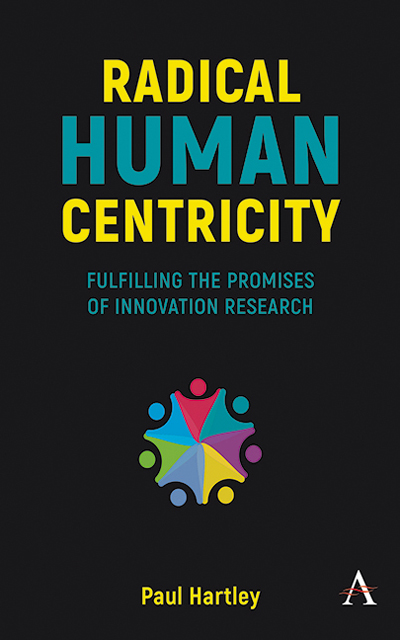Summary
Set-Up
An RHC research program is different from almost all commercial research because it shifts the location of the fieldwork to encompass the very beginning of the project. Fieldwork should not be relegated to its own discrete area of activity. Fieldwork does not start when you enter someone's living room. No, it begins when you think about who you might encounter. Even conventional elements like a recruiting screener used to identify participants force researchers to project themselves into the field site and imagine who will be there. It is not “deskwork” done prior to fieldwork; it is fieldwork. This means the fieldwork for the project begins as the research plan is activated and the hard work of turning an outline of how to execute the research is turned into real actions involving real people. The set-up of the project is the time to manifest the ideals of an RHC approach.
Recruiting
There are three major considerations in an RHC recruitment process aimed at correcting the failures in recruiting. The first begins with an acknowledgment that recruitment in a commercial setting is actually the first opportunity to learn about the people you will be studying in field. It is not a separate action, but the moment you will begin generating insights. Second, it is essential to see recruitment as an inherent weak point in commercial research. In real ethnography, there is no recruitment, or rather, recruitment is part of the entry into the field site. An ethnographer spends a lot of time getting to know as many people as possible before understanding who is an informant, and who is not. In commercial research, recruitment is normally conducted by sub-contractors, recruitment partners, or research assistants. This means it is a practice of the distribution of responsibility and action. If the recruitment partners are not able to understand or fully participate in the human-centeredness of the work, then it is compromised. They need to be sensitive collectors of information, because you test your hypotheses from the first moment you pick up the phone to find participants. If you cannot benefit from what you can learn during this stage, you are missing a major part of the learning process.
- Type
- Chapter
- Information
- Radical Human CentricityFulfilling the Promises of Innovation Research, pp. 188 - 199Publisher: Anthem PressPrint publication year: 2022



